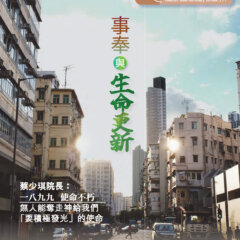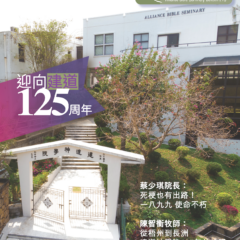GLUTTONY AND IMMORALITY AT ÉLITIST BANQUETS:The Background to 1 Corinthians 6:12-20(精英荒誕宴樂及道德淪亡:哥林多前書六章12至20節之背景) / Bruce W. Winter 溫特
撮要
釋經家一般都認為哥林多前書六章12至20節的背景為妓寨而非盛宴。本文 分析希騰哥林多城與羅馬哥林多城的差別後,提出哥林多前書六章12至20節的背景應該是盛宴,這段經文是精英為那些聲名狼藉的哥林多信徒一他們認為「甚麼事都可以作」——荒誕宴樂和淫亂的行為辯護。本文的作者探討了(1)「甚麼事都可以作」的始源,這句話本身也暗示了說話人的社會階層;(2)貪吃、醉酒、放縱情慾的例證;(3)年青的精英和哥林多前書六章12至20節的道德標準。筆者總結:(1)哥林多前書六章12至20節的社會背景是奢宴與淫亂同時發生;(2)「甚麼事都可以作」是精英行為的自辯,暗示了某些哥林多信徒的社會階層。
ABSTRACT
Brothels and not banquets are what commentators have normally assumed to be the background of I Cor.6:12-20. Noting the difference between the Greek Corinth and Roman Corinth, this essay argues, however, that the background to 1 Cor. 6:12-20 is banqueting and that the elitist’s self-justification for the notorious conduct by the Corinthian Christians — ‘all things are permitted’— concerned what has been termed the ‘intimate and unholy trinity’ of eating and drinking and sexual immorality. The author examined (1) the origins of the aphoristic phrase ‘all things are permitted’ which gives some indications of the social strata of those who used it, (2) the evidence for the unholy trinity of gluttony, drunkenness and sexual indulgence, and (3) the ethical standards of the young elite and 1 Cor. 6:12-20. He concludes that (1) the social context for 1 Cor. 6:12-20 is where gluttony and fornication occurred together, and (2) the aphoristic saying used to justify conduct has been shown to be that of the elite and is a further indicator of the social status of some of the Corinthian Christians.
原載於《建道學刊》7期(1997年1月),頁77-90。







